They came from the cold north. They looted monasteries, burned villages, killed residents and desecrated churches.
From the 8th century, a new prayer resounded in all English chapels:
"Lord, save us from the rage of the men of the north!"
They asked in vain…
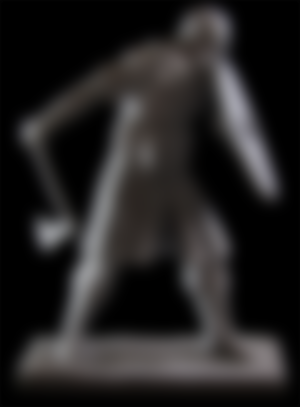
Who were the Vikings?
The inhabitants of present-day Denmark, Norway, and Sweden about 750 to 100 n. no.
The monks called them pirates, robbers, murderers, but this was unfair to the others, who remained at home and engaged in agriculture, fishing, wood and metal processing.
They were also good sailors as they drove across the sea the shit in the bones of all the villages and towns that stood in their way.

The name probably comes from the old Nordic word vik, meaning bay.
Why sail into the unknown?
It is generally believed that the Nordics were scattered outside their borders due to:
population growth
They moved to other lands due to the lack of fertile land, as well as if they killed the locals.
search for new markets (leather, amber, tusks, ..)
desire to forcibly acquire wealth (due to rich neighbors)
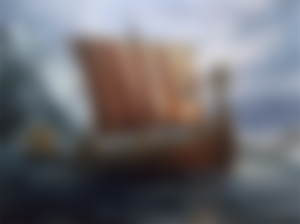
Viking Society Rulers (Kings and Grand Chiefs)
Freelancers (bondi)
Non-free oppressed - slaves (traell)
by What we recognize them…
rune
Runes Runes are an old alphabet of Germans and Scandinavians.
We know very little about the formation of the runes, as they assume that they were initially carved into the wood, which then decayed very quickly.
We know different types of runic alphabets called Futhuark
Depending on the time of creation, we divide different Futhuars: (older Futhark, Anglo-Saxon Futhorch and younger Futhuark

ships
The Vikings built ships from the very beginning.
They were the best by far around.
There was a big difference between merchant and battleships.
The battleships were very long and narrow.
They were very fast and agile.
They had a carved dragon's head on their beak.
Merchant ships, however, were short and wide so that merchants could transport goods on them.
gods
gods of prosperity, health and fertility)
Azi (gods of war)
Odin - the supreme god, the oldest and most powerful of all gods
Thor (also Vignir) - the god of thunder and the eldest son of Odin.
Baldr - the most popular among the gods, son of Odin and Frigg, Nanna's husband, Forsetti's father
Bragi - son of Odin and Gunnlög, daughters of the giant Suttung.
Heimdall (also Hallinskidi or Gullintanni) - the god of bridges, was said to be the son of nine mothers who are sisters to each other
Outside
(gods of prosperity, health and fertility)
Njord - the god of the sea
Freyr (also Frö, Atridi and Menglad, sometimes called Yngvi)
Frey (tdui Mardell or Syr) - goddess of love and beauty
Frigg (or Hlin) - Odin's wife, mother of many gods
Henir (Ve) and Lodur (Vili) - Odin's brothers who helped him create the world and people
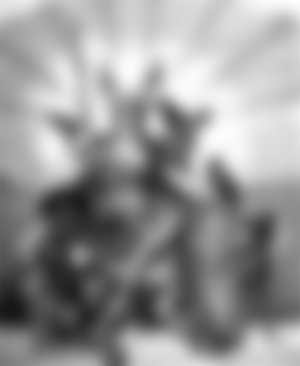
weapons
Weapons spoke of the power and position of the owner
Swords were often buried by Vikings next to dead owners as they were a strict part of a warrior’s job
As weapons, they used swords, which were the most prized weapons, axes, and used spears and bows to fight at a distance.
It was used primarily for chopping and not for stabbing.
Sword blades were usually bought from the Franks and Germans
The blades were then decorated by themselves
The sword was shorter and fairly light compared to the others.
The Vikings were good and fearless soldiers.

conquests
Conquests of Continental Europe
Around 800, the Danish Vikings began to invade the land of Friesland, through which they penetrated the rivers with their ships deep into the territory of present-day France.
In one such expedition, in 845, even Paris was ravaged, and a year later the cities of Verdun, Toul, and Troy.
Around the same time, the Vikings also sailed to the far west of Europe and plundered Portugal and Spain, where they even settled in looted Seville for a time.
The next targets of Viking attacks were coastal North African cities and the Apennine Peninsula, where the cities of Pisa and Luna were looted.
The Swedish Vikings, unlike the Danish and Norwegian ones, headed east (via the Baltic) and from there along the navigable rivers to the heart of Eastern Europe. They came all the way to the Black Sea and Baghdad.
America
Of all the tribes, the Norwegian Vikings came the farthest west, landing in the Shetland Islands as early as the eighth century, and around 870 they also settled Iceland, where they soon formed an independent state and formed the first known parliament in the west called the Alting.
In 985, the Viking chieftain Erik the Red established a colony in Greenland, from where, around 1000, his son sailed west to the Labrador Peninsula. On a hill overgrown with wild vines, he founded a colony, which he named after this plant - Vinland.
The colony collapsed.

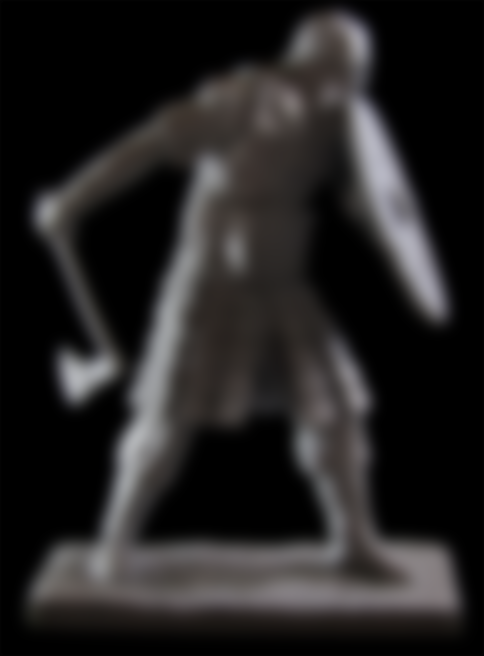
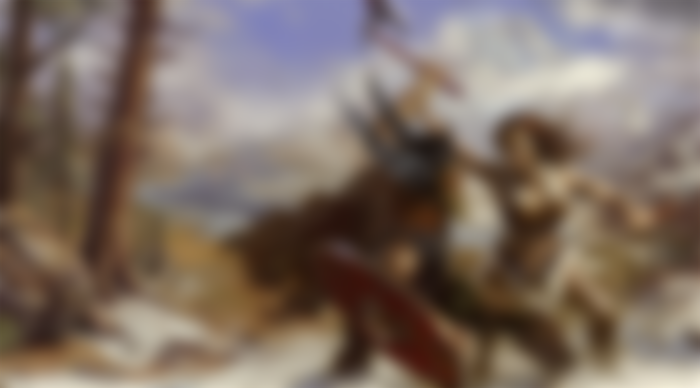
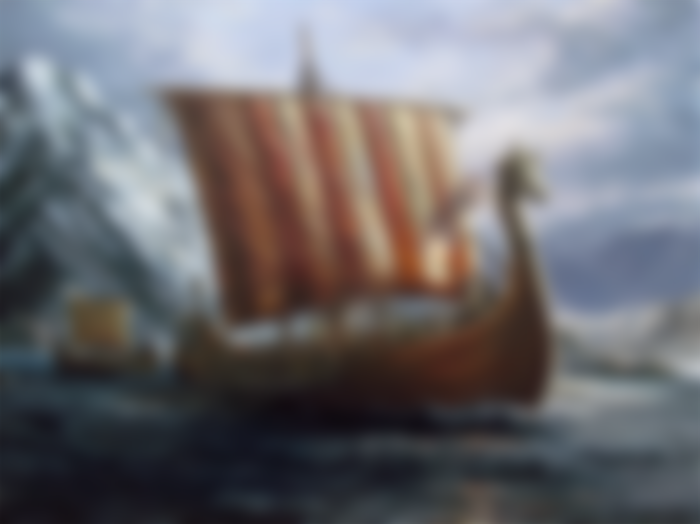
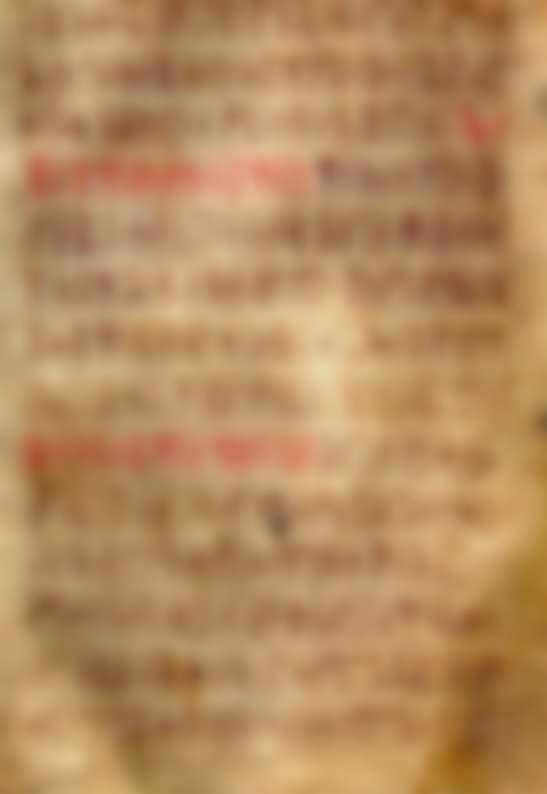
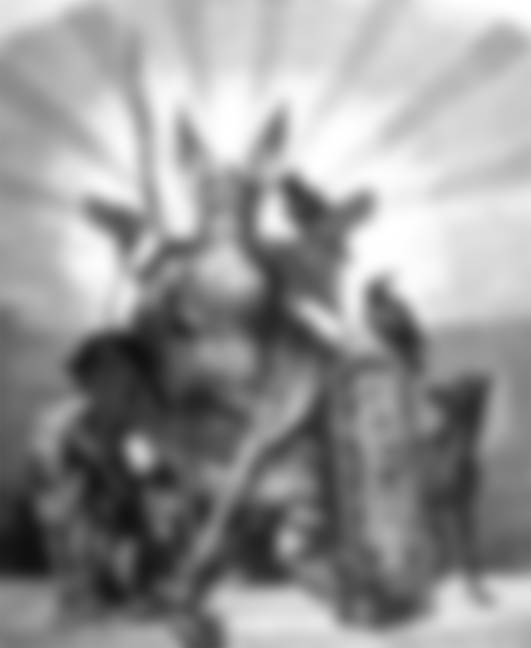
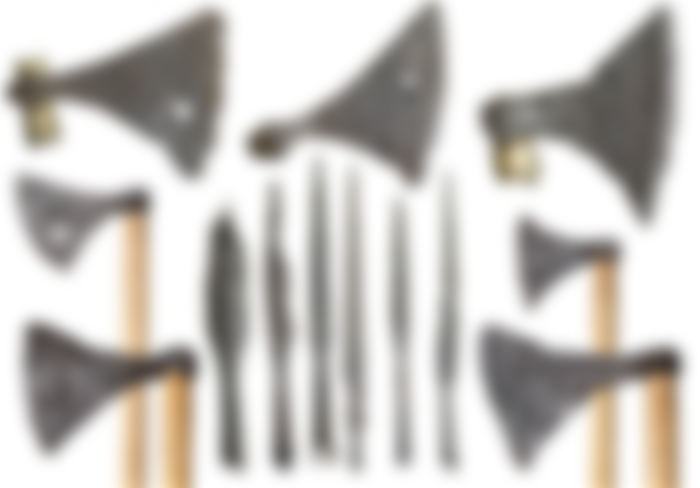
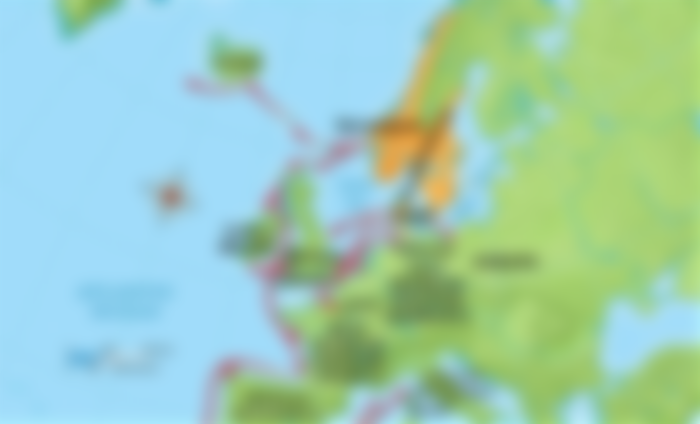
Darling, text is so good. All the best!